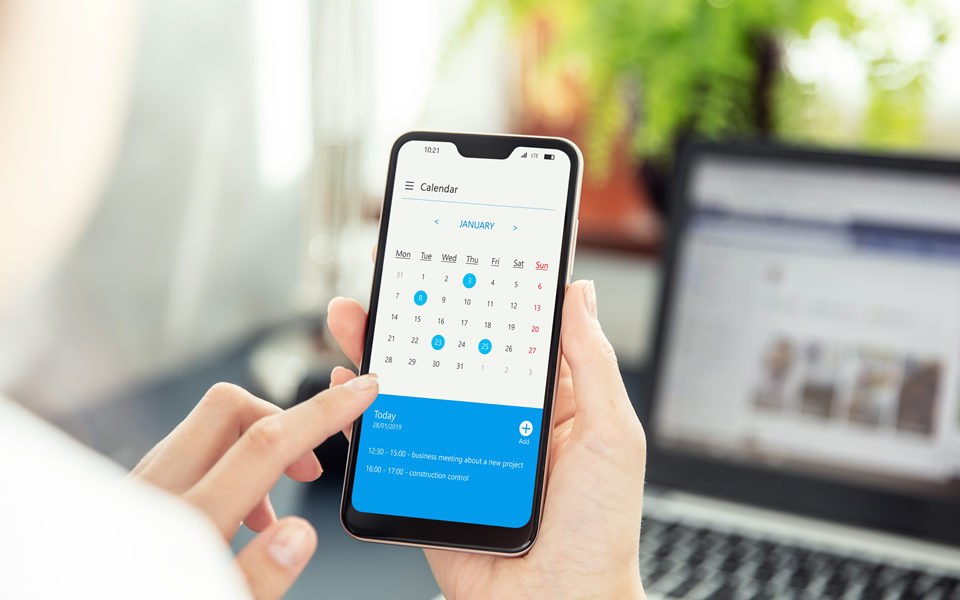IRS Extends Due Dates for Qualified Opportunity Funds and Investors
By Michael D’Addio, Principal, Tax & Business Services
The Internal Revenue Service, in recently released Notice 2020-39, addresses a number of time-sensitive dates for Qualified Opportunity Funds (QOFs) and their investors in response to the COVID-19 pandemic.
180-Day Investment Requirement: Due Date Extended to December 31, 2020
A taxpayer with capital gain from the sale of property to an unrelated person can elect to exclude the gain from gross income to the extent the gain is invested in a QOF within a 180-day period beginning on the date of such sale or exchange (the 180-day investment requirement). The regulations adjust the starting date of the 180-day investment period for certain situations (e.g., gains passing to an owner from a pass-through entity where the entity does not elect to invest in a QOF would have a 180-day period beginning from the last day of the tax year).
Prior Notice 2020-23 provided that where the 180-day investment period falls between April 1, 2020, and July 14, 2020, the 180-day investment period deadline was extended to July 15, 2020.
The current Notice provides additional relief. Where the last day of the 180-day investment period falls between April 1, 2020, and December 30, 2020, the last day of the period is extended to December 31, 2020. This relief is automatic.
Reasonable Cause for Failing the QOF 90% Investment Standard
A QOF must hold at least 90% of its assets in qualified opportunity zone property, determined by averaging the percentage of qualified opportunity zone property held by the QOF on semi-annual testing dates (the “90% Investment Standard”). Failure to satisfy the 90% Investment Standard causes the QOF to pay a penalty. However, the law provides that this penalty will not be imposed if it can be shown that the failure was due to reasonable cause.
The current Notice provides that where either semi-annual testing date is between April 1, 2020, and December 31, 2020, failure to satisfy the 90% Investment Standard Test for the QOF tax year will be considered to be due to reasonable cause. Additionally, the failure does not prevent the qualification of the entity as a QOF nor an investment in the QOF from being a qualifying investment.
24-Month Extension to the Working Capital Safe Harbor Period
No more than 5 percent of the assets of a Qualified Opportunity Zone Business (QOZB) can be “nonqualified financial property.” The Internal Revenue Code excludes from the definition of nonqualified financial property reasonable amounts of working capital which are held in cash, cash equivalents, or debt instruments with a term of 18 months or less.
The QOZ regulations provide a safe harbor for treating working capital as reasonable where there is a written schedule consistent with the ordinary start-up of a trade or business for the expenditure of the working capital assets within 31 months of the receipt by the business of the assets. The working capital safe harbor period can increase to a maximum 62-month period under certain circumstances.
The regulations provide that a QOZB, located in a QOZ within a federally declared disaster area, can have its working capital exception period extended by an additional 24 months. The new Notice confirms that these projects will have up to an additional 24 months to expend their working capital.
30-Month Substantial Improvement Period
Qualified Opportunity Zone Business (QOZB) property must either satisfy an “original use requirement” (the first use of the property in the Qualified Opportunity Zone is by the taxpayer) or must be substantially improved (“substantial improvement property”). A property is considered to be substantially improved if, during any 30-month period beginning after the date of acquisition, there are additions to the basis of such property that exceed the adjusted basis of the property at the beginning of the 30-month period.
The Notice provides that the period between April 1, 2020, and December 31, 2020, is suspended for determining the 30-month substantial improvement period.
12-Month Reinvestment Period
The QOZ regulations provide that if a QOF sells some or all of its qualified opportunity zone property or receives a distribution treated as a return of capital, the QOF can reinvest such proceeds during a 12-month period in Qualified Opportunity Zone property and treat the proceeds as qualifying property for the 90% investment standard. The regulations provide for an extension of up to an additional 12 months where the reinvestment is delayed due to a federally declared disaster.
The current Notice provides that if the 12-month reinvestment period includes January 20,2020 (the date of the disaster identified in the President’s Major Disaster Declaration), the QOF receives an additional 12 months to make the reinvestment, where the proceeds are invested in the manner originally intended before January 20, 2020.
This Notice may have significant impact on the operations of QOFs and their investors.
If you have any questions, contact your Marcum tax professional or contact Michael D’Addio at 203.781.9665 or email Michael.
Coronavirus Resource Center
Have more questions about the impact of the coronavirus on your business? Visit Marcum’s Coronavirus Resource Center for up-to-date information.









